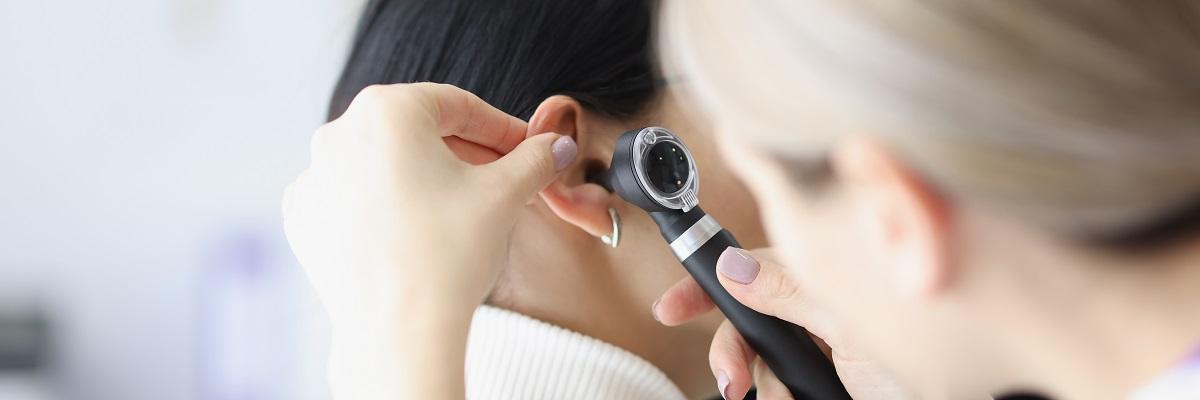Music is an amazing cross section of art and math, drawing a special kind of person to the profession of musician. People become musicians often for the romance of the art as flexible hours and chances to travel. However, being exposed to and creating music day after day, while practicing or performing can take a toll on your hearing over time. Unfortunately hearing loss is a common work-related injury for those of all calibers who play music, from amplified rock and rollers to classical musicians.
The Danger of Occupational Noise
When people think of occupational noise, they often go to power tools and heavy machinery. However, musicians and music educators often perform, practice, or direct music in loud places, making them one of the top professions to suffer from noise induced hearing damage. A 2014 study found that 52% of classical musicians and 30% of rock musicians were found to have some degree of permanent hearing loss while nearly 80 percent of musicians immediately following their performance also had temporary music-induced hearing loss.
Understanding Noise Induced Hearing Loss
Music at its best releases endorphins and stimulates the pleasure center of our brain. However, there is such a thing as too much of something good. Music can be loud enough to cause permanent hearing loss as the vibrations can damage the tiny cells of the inner ear. These hair-like cells are called stereocilia and are the sole delivery system of sound from our ears to our brain. When sounds surpass safe listening thresholds, they can cause vibrations severe enough to cause stereocilia to shatter against the cell membrane which houses them.
How Loud is Too Loud?
The loudness of sound is measured in decibels (dBA) and any sound over 85 dBA for eight hours or more can cause lifelong irreversible damage. The louder the decibels, the shorter the exposure time. The National Institute for Occupational Safety and Health (NIOSH) researched sound levels produced during middle and high school music classes and marching band rehearsals and found that decibels ranged from 91–97 decibels. That’s loud enough to damage hearing in under an hour! Some readings read higher than 100 dBA—loud enough to cause damage in under 15 minutes. On average over six classes that spanned 228 minutes, the study found that the band director was exposed to an average sound level of 92 dB(A).
Musicians and Noise Exposure
Many people think of classical music as being quieter than amplified music. Both in truth can cause damage. Based on findings NIOSH cited average exposure of sound for orchestra musicians:
- Percussionists, 95 dBA.
- Flute/piccolo players, 95 dBA.
- Brass players, 92–97 dBA.
Listening and Playing Safely
Like all workplaces, the safe level for listening should not surpass 85 dBA for eight hours or more. If it does, NIOSH urges hearing conservation programs where musicians are encouraged to wear hearing protection. Hearing protection can range from disposable earplugs, to custom molded earplugs for a superior seal and level of protection. In addition, employers, music venue operators, schools, colleges, and anyone else in the music business should consider the following tips to ensure clear hearing for years to come:
- It’s important to understand the dangers of noise induced hearing damage in the music industry so you can make educated choices to protect yourself.
- Test your working environment whether you are a professional musician or play music for your own enjoyment. If the music you make when practicing or performing exceeds 85 dBA, make sure to take listening breaks and wear hearing protection whenever possible.
Testing for Hearing Loss
Test regularly for hearing loss. Hearing loss is a permanent condition which not only makes it hard to follow conversation but can become a source of chronic stress, social anxiety and impact mental wellness, mobility as well as cognitive ability. Being a musician is more dangerous for our hearing than most people understand, especially for younger people who are not aware of the risk so early in life. Make sure you attend annual hearing exams and if a hearing loss is detected, be sure to treat it immediately. Today hearing aids not only amplify sounds but for musicians, often come with specific settings to amplify the subtle tones and pitches important for hearing and playing music to its fullest potential. Contact us today to set up your next hearing exam.

